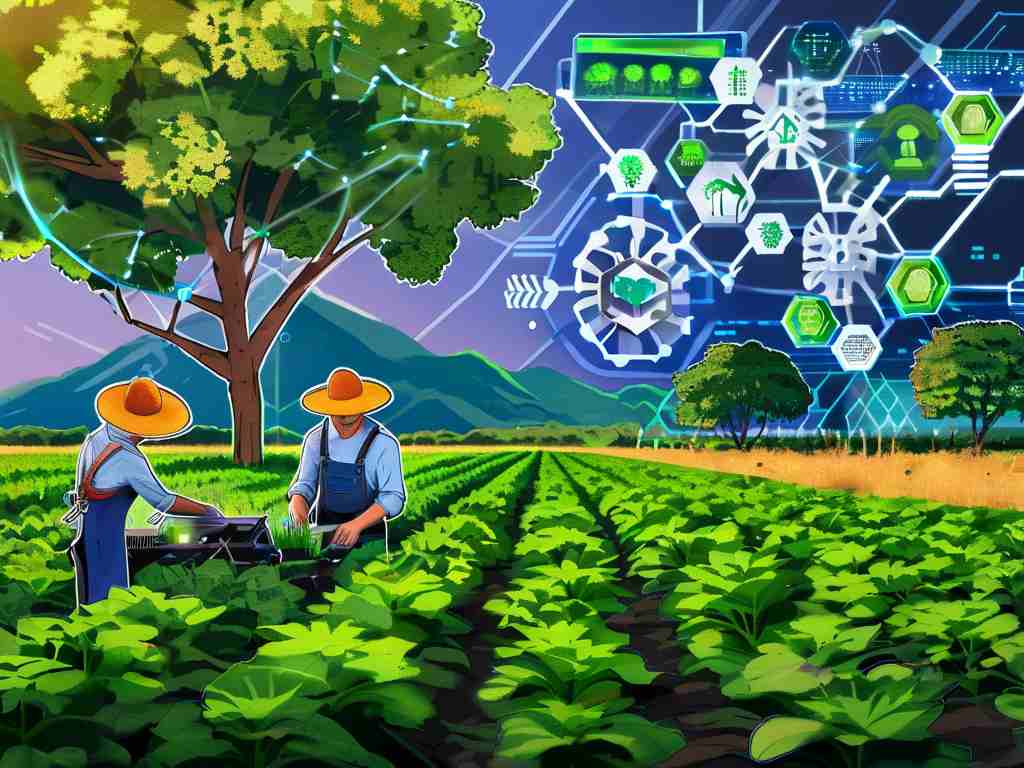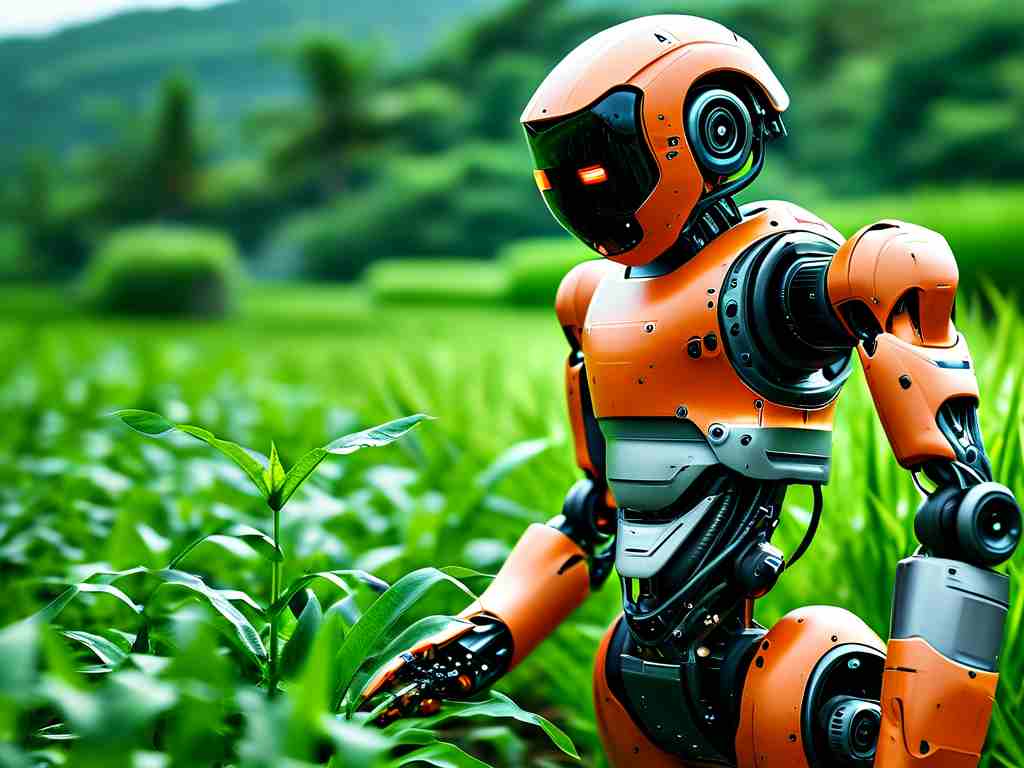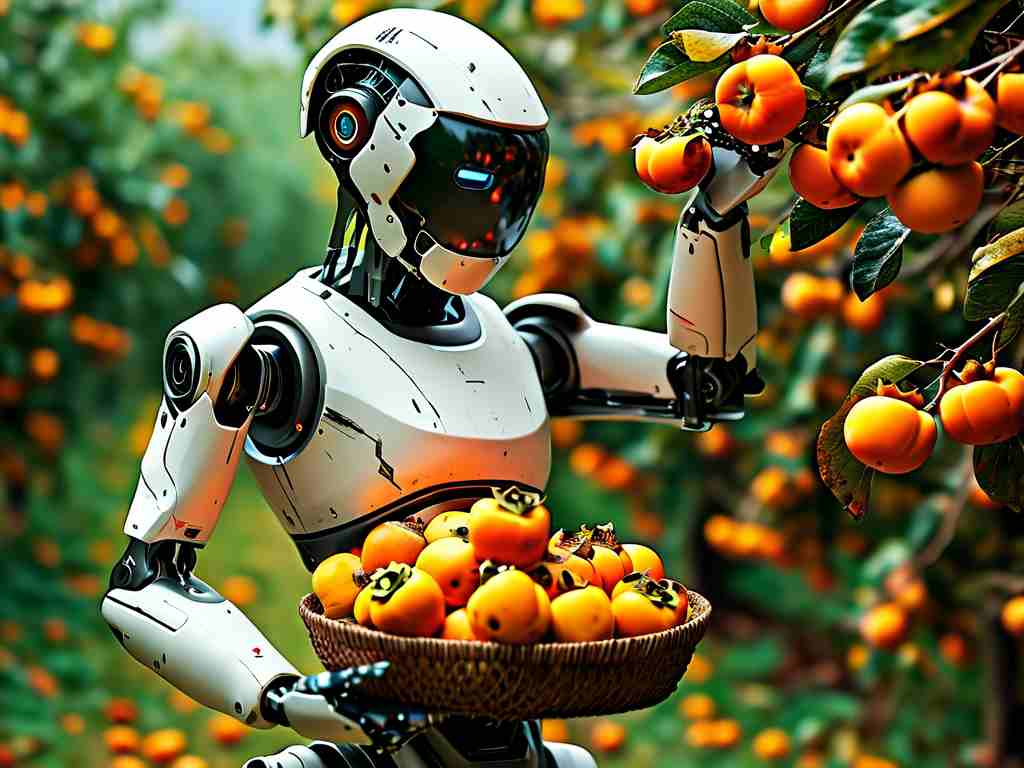The integration of blockchain technology into agriculture is reshaping how stakeholders manage data, track supply chains, and ensure trust across ecosystems. As global demand for food safety and sustainability grows, blockchain’s decentralized ledger system offers unprecedented opportunities to address longstanding challenges in the agricultural sector.

Bridging Trust Gaps in Supply Chains
One of the most pressing issues in agriculture is the lack of transparency in supply chains. Farmers, distributors, and consumers often operate in silos, leading to inefficiencies and mistrust. Blockchain addresses this by creating an immutable record of every transaction or movement within the supply chain. For example, a coffee farmer in Colombia can now tag their harvest with a blockchain-based QR code. This code tracks the beans from cultivation to roasting, packaging, and final sale in a European supermarket. Buyers scan the code to verify organic certification, fair-trade practices, and carbon footprint data—all stored securely on the blockchain.
Similarly, livestock management benefits from this innovation. In Australia, cattle ranchers use blockchain-enabled ear tags to log vaccination records, feed sources, and transportation details. This data is accessible to meat processors and retailers, ensuring compliance with safety standards and reducing the risk of fraud.
Empowering Small-Scale Farmers
Blockchain also democratizes access to financial tools for smallholders. Traditional banking systems often exclude farmers due to lack of credit history or collateral. Decentralized finance (DeFi) platforms built on blockchain enable microloans and insurance products tailored to agricultural needs. Smart contracts automatically release funds when predefined conditions—such as rainfall levels or crop yields—are met, minimizing bureaucratic delays.
In Kenya, a pilot project by AgriLedger allows avocado farmers to tokenize their future harvests. Investors purchase these tokens, providing upfront capital for seeds and equipment. Once the harvest is sold, profits are distributed automatically via blockchain, ensuring fairness and transparency.
Combating Counterfeit Products
The global market for counterfeit pesticides and fertilizers is estimated at $10 billion annually. Blockchain’s traceability features help combat this by validating the authenticity of agricultural inputs. Companies like Bayer Crop Science are experimenting with blockchain to track chemical shipments from factories to fields. Each batch receives a digital certificate, which farmers verify using mobile apps before purchase. This reduces the risk of using substandard products that could damage crops or soil health.
Challenges and Limitations
Despite its potential, blockchain adoption in agriculture faces hurdles. Many farmers lack digital literacy or reliable internet access, especially in developing regions. Scaling blockchain solutions also requires significant infrastructure investment. Moreover, interoperability between different blockchain platforms remains a technical challenge. For instance, a supply chain system built on Hyperledger may not seamlessly integrate with one using Ethereum.
Privacy concerns also arise. While blockchain is secure, public ledgers can expose sensitive business data. Hybrid models—combining private and public blockchains—are emerging to balance transparency with confidentiality.
The Road Ahead
Governments and organizations are stepping up to accelerate blockchain integration. The European Union’s “Farm to Fork” strategy prioritizes digital tools like blockchain to achieve sustainable food systems by 2030. In India, the Ministry of Agriculture collaborates with tech startups to deploy blockchain for crop insurance and subsidy distribution.
Looking ahead, the convergence of blockchain with IoT and AI will unlock new possibilities. Soil sensors could feed real-time data into blockchain systems, triggering automated irrigation or fertilization via smart contracts. Such advancements promise to optimize resource use, reduce waste, and enhance climate resilience.
In , blockchain is not a panacea for all agricultural woes, but its ability to foster transparency, efficiency, and inclusivity makes it a cornerstone of modern agri-tech. As stakeholders navigate implementation challenges, the focus must remain on creating user-friendly, scalable solutions that empower farmers and build consumer trust.









